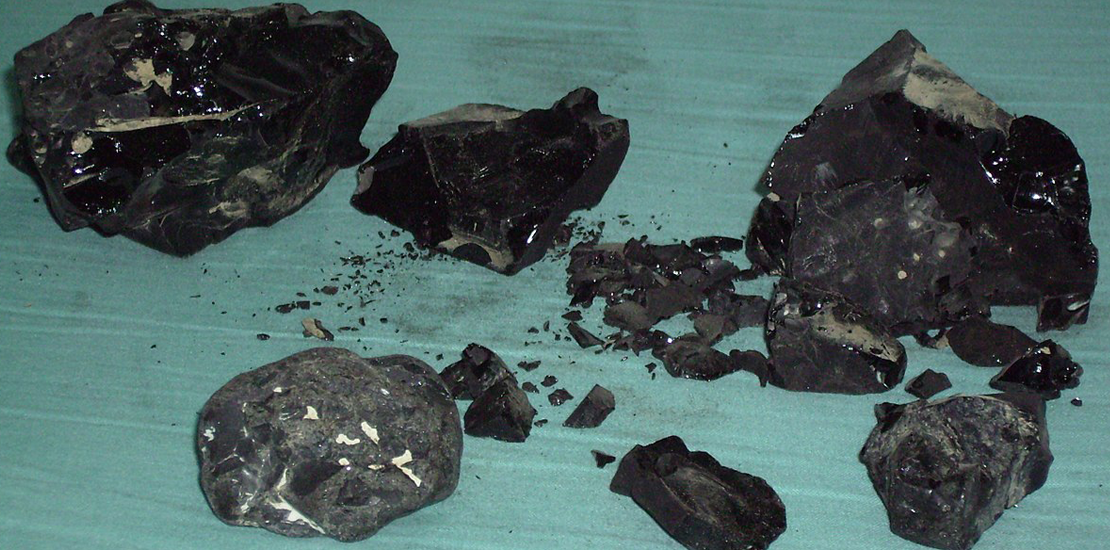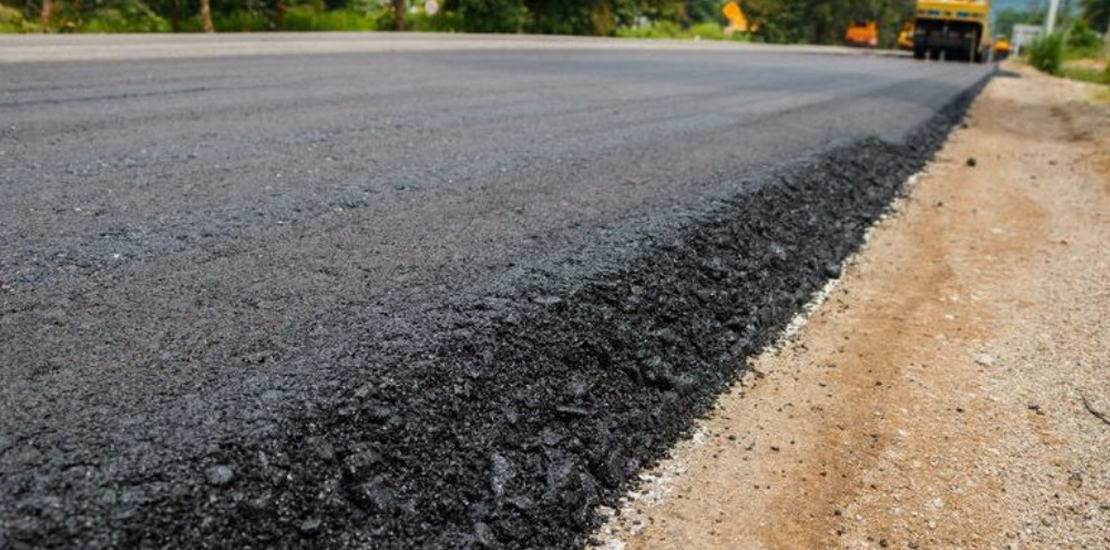

Typical Uses / Applications
- Construction of paving and roofing applications
- Rolled asphalt concrete
- Mastic asphalt
- Bitumen emulsion
- Synthetic crude oil
- Non-upgraded crude bitumen
- Radioactive waste encapsulation matrix
Bitumen is a sticky, black, highly viscous liquid or semi-solid form of petroleum. In the U.S., it is commonly referred to as asphalt.
With our thorough understanding of chemical products, we are able to acquire the highest quality Bitumen from the most reliable vendors. We provide the best quality Bitumen to a wide number of countries. Due to our proper warehouse facilities, we are capable of storing bulk quantity of Bitumen in a very organized manner. In addition to this, we also have world class facilities for the on-time distribution of Bitumen. With this, we are counted among the most sought-after Bitumen Exporter from Dubai, UAE.
Do You Know ?
Highways paved in asphalt can reduce noise levels by 3-5 decibels, compared to highways that have noise walls. Also, the smoother the pavement, the better fuel consumption a vehicle will get.
Uses of Bitumen:
Bitumen is a viscous, black, and sticky substance that is a by-product of the petroleum refining process. It has numerous industrial applications due to its waterproofing and adhesive properties. Some of the main uses of bitumen are:
Road construction: Bitumen is used extensively in road construction as a binder for asphalt pavements, where it provides waterproofing, durability, and resistance to heavy traffic.
Roofing and waterproofing: Bitumen is used as a waterproofing material in roofing and building construction. It is applied as a coating to protect roofs and buildings from water damage.
Pavement preservation: Bitumen is used in pavement preservation techniques such as chip sealing, slurry sealing, and micro-surfacing to extend the life of asphalt pavements and reduce maintenance costs.
Coatings and adhesives: Bitumen is used as a coating and adhesive in various industries, including pipeline coatings, electrical insulation, and adhesives for roofing and flooring materials.
Paints and inks: Bitumen is used as a pigment in black paints and inks, and it is also used as a binder in printing inks.
Soundproofing: Bitumen is used as a soundproofing material in buildings and vehicles due to its excellent sound absorption properties.
Geotextiles: Bitumen is used to manufacture geotextiles, which are used for soil stabilization and erosion control in construction and civil engineering projects.
Recycling of Bitumen:
Bitumen can be recycled, and there are several methods of doing so. Some of the common methods of bitumen recycling include:
Cold Recycling: In this process, the old bituminous pavement is broken up and mixed with new bitumen and aggregates. This mix is laid down and compacted to form a new pavement.
Hot Recycling: In this process, the old bituminous pavement is heated and mixed with new bitumen and aggregates to form a new pavement. This method is more expensive than cold recycling, but it produces a better quality pavement.
Reclaimed Asphalt Pavement (RAP): RAP is created by milling the existing asphalt pavement and using the materials as a base layer for new pavement. RAP can also be used as an aggregate in hot mix asphalt.
In-Place Recycling: In this process, the existing pavement is pulverized and mixed with a recycling agent and new aggregates to form a new pavement.
The benefits of recycling bitumen include reducing the amount of waste sent to landfills, conserving natural resources, reducing greenhouse gas emissions, and reducing the cost of new asphalt pavement construction. However, the quality of recycled bitumen can vary depending on the method used and the quality of the materials used.